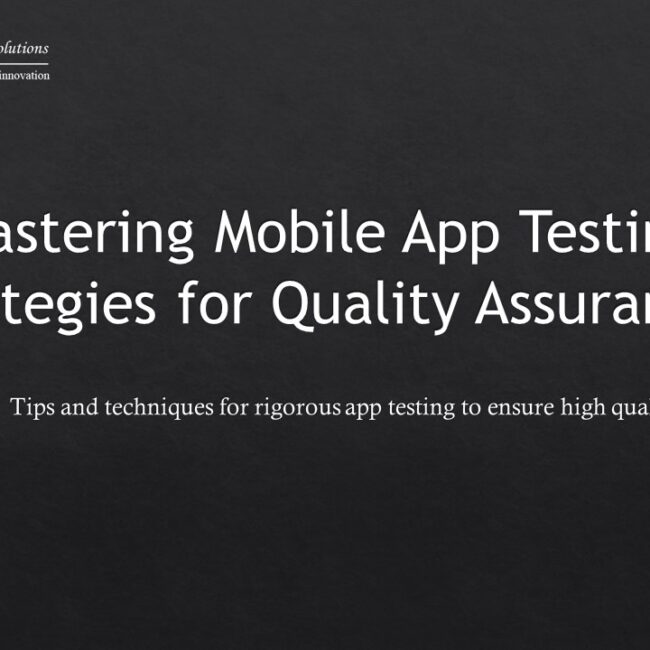
The AI Revolution: Transforming Marketing, Customer Service, and Sales
Introduction
Artificial Intelligence (AI) has become a powerful ally in the world of business, revolutionizing marketing strategies, customer service, and sales processes. In this blog, we will explore how AI is reshaping these domains, enhancing efficiency, personalization, and customer satisfaction.
Transforming Marketing Strategies
1. Predictive Analytics: AI enables marketers to forecast future trends, customer behavior, and sales opportunities. Predictive analytics uses historical data to identify patterns and make informed decisions.
2. Personalization: AI-driven algorithms analyze customer data to deliver highly personalized marketing content. Recommendations, tailored emails, and dynamic pricing are all outcomes of AI’s personalization capabilities.
3. Content Generation: AI-powered tools can generate content, such as product descriptions, social media posts, and email copy. This automates content creation, saving time and resources.
4. Chatbots and Virtual Assistants: Chatbots powered by AI can engage with customers 24/7, answer inquiries, and provide product information. They offer a personalized and immediate response to customer queries.
5. Ad Targeting: AI optimizes ad targeting by analyzing user behavior and preferences. It ensures that ads are shown to the most relevant audience, leading to higher conversion rates.
Advantages:
- Efficiency: AI automates marketing tasks, saving time and reducing manual effort.
- Personalization: AI tailors marketing content to individual customer preferences.
- Improved ROI: AI-driven marketing strategies often lead to higher returns on investment.
Challenges:
- Data Quality: The effectiveness of AI in marketing relies on high-quality and accurate data.
- Ethical Concerns: Personalization can raise privacy concerns if not managed responsibly.
Enhancing Customer Service
1. Chatbots and Virtual Assistants: AI-powered chatbots offer instant responses to customer inquiries, 24/7. They can handle routine queries, freeing up human agents for more complex tasks.
2. Natural Language Processing (NLP): NLP enables AI to understand and respond to natural language, making interactions with chatbots and virtual assistants more human-like.
3. Sentiment Analysis: AI can analyze customer sentiment based on their interactions with the company. This helps identify areas of improvement and address customer dissatisfaction promptly.
4. Automated Ticketing and Routing: AI can categorize and route customer support tickets to the right teams, ensuring efficient issue resolution.
5. Virtual Call Centers: AI-powered call centers use speech recognition to automate call handling, reducing waiting times and improving customer service.
Advantages:
- 24/7 Support: AI enables continuous customer support, enhancing customer satisfaction.
- Efficiency: Routine tasks are automated, reducing response times and workloads.
- Cost-Effective: AI-driven customer service can be more cost-effective than maintaining large human support teams.
Challenges:
- Complex Queries: AI can struggle with complex, multi-faceted customer inquiries.
- Emotion Recognition: Identifying customer emotions and providing empathetic responses is a growing but challenging field in AI.
Revolutionizing Sales Processes
1. Sales Forecasting: AI can predict sales trends and customer behavior, helping sales teams allocate resources effectively and close more deals.
2. Lead Scoring: AI scores and prioritizes leads based on their likelihood to convert into customers. This helps sales teams focus on high-potential prospects.
3. Sales Automation: AI can automate routine sales tasks, such as data entry, email follow-ups, and appointment scheduling.
4. CRM Enhancements: AI-driven Customer Relationship Management (CRM) systems provide valuable insights into customer preferences and history, helping sales teams tailor their approach.
5. Price Optimization: AI analyzes market conditions and competitor pricing to recommend optimal pricing strategies.
Advantages:
- Increased Efficiency: AI automates time-consuming sales tasks, allowing sales teams to focus on relationship building and closing deals.
- Higher Conversions: AI-driven lead scoring improves conversion rates by directing attention to high-quality leads.
- Data-Driven Decisions: AI provides data-driven insights for better sales strategy and decision-making.
Challenges:
- Trust Building: Convincing sales teams to trust AI recommendations and insights can be a hurdle.
- Data Accuracy: AI requires accurate and up-to-date data to provide reliable sales predictions and recommendations.
Conclusion
AI is fundamentally transforming marketing strategies, customer service, and sales processes. Its ability to automate tasks, analyze data, and personalize interactions is revolutionizing the way businesses engage with customers and close deals. While challenges such as data quality and ethical concerns must be addressed, the potential for improved efficiency, customer satisfaction, and profitability is substantial. The organizations that embrace AI in these areas are poised to gain a significant competitive advantage in the evolving business landscape.


